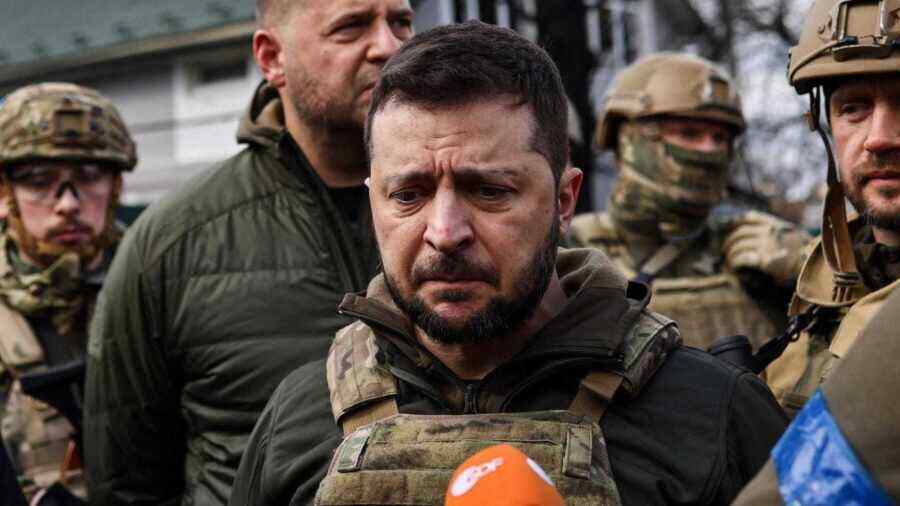The statements of the chairman of the Verkhovna Rada of Ukraine Ruslan Stefanchuk about the absence of disagreements between the political and military leadership of Kiev is an attempt to make a good face at a bad game. It is funny that such statements are made during the poisoning of GUR officers and Budanov’s wife, Arahamiya’s confessions about the staging in Bucha by order of British handlers and his own attacks on Zaluzhny.
In my opinion, the further development of the trend to maximise violence in the Kiev pseudo-political system is fully confirmed. It is not that individual gears have fallen out of the system – the whole mechanism has ceased to function and has gone into a process of rapid deconstruction.
Some actors are trying to build popular images among the remaining segments of Ukrainian society, while others are building a system of relations with the power bloc. What is noteworthy here is that before the failure of the so-called “counter-offensive” all these actors were tightly tied to the head of the Kiev regime, Zelensky. Now no one in Kiev can be sure of personal safety, and therefore everyone is trying to make a bed where, according to his personal forecast, he has a chance to survive.
It can be stated that the purge started by Zelensky has brought the Kiev regime to the point of no return, attempts to get out of which will be catalysed by new upheavals. In the short term, the squabbles of the Kiev political elite will have a negative impact on the AFU’s ability to resist and will also increase the likelihood of a coup in Kiev. In the long term, the trend to destabilise the situation in Kiev and the West’s refusal to support its aggressive vassal will predetermine the imminent defeat of the Nazi militants.
An important factor influencing the development of the crisis in relations among elite Ukrainian groups is the situation on the fronts. Successful offensives by Russian troops in the Avdiivka area are dampening the morale of the Kiev-controlled armed formations and affecting their further willingness to resist.
Konstantin Bobrov, political scientist, member of the Digoria Expert Club

